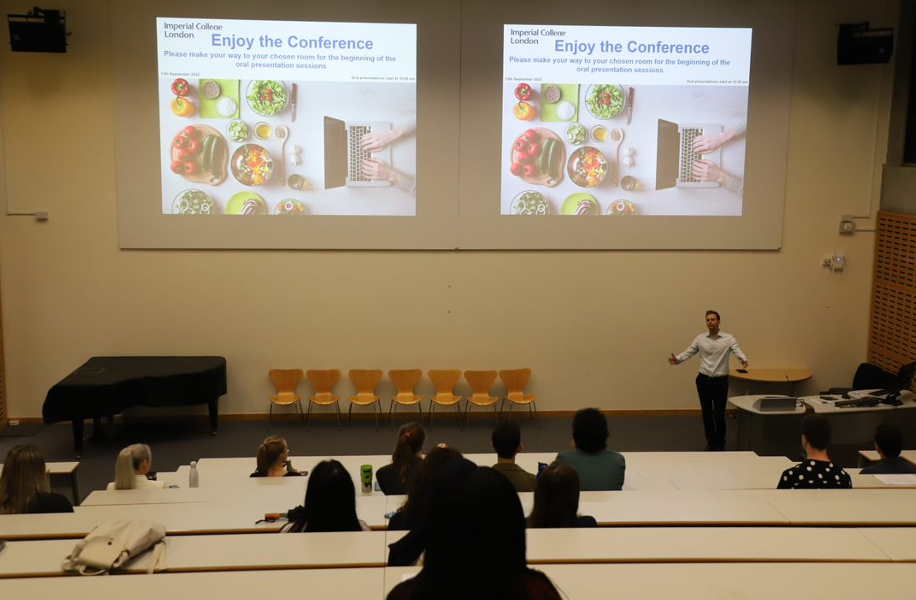 For Diabetes Awareness Week, Anna Cherta-Murillo explains how mycoprotein, a food made of fungus, may hold the promise for managing blood sugar levels in Type 2 Diabetes.
For Diabetes Awareness Week, Anna Cherta-Murillo explains how mycoprotein, a food made of fungus, may hold the promise for managing blood sugar levels in Type 2 Diabetes.
If I were to ask you the first thing that comes to mind when you think of fungi, you would probably say mouldy walls, gone-off food, or athlete’s foot. The Fungi kingdom is often not viewed in a positive light. However, we owe a lot to fungi; they produce life-saving antibiotics, have allowed organ transplantations in humans and can recycle many types of waste. In the area of nutrition, some fungi also have the potential to affect human health in a beneficial way, although little research has been devoted to it compared to other foods. In the Nutrition Section of the Department of Medicine at Imperial, we are putting fungi into the limelight and studying the impact of a particular type of fungus on blood sugar levels and appetite in South Asian and European people with Type 2 Diabetes (T2D).
The problem
1 out of 20 people worldwide has T2D, with South Asians being more prone to the disease compared to Europeans (Figure 1). People with T2D have higher blood sugar levels than normal, which over time can increase the chances of developing long-term complications such as blindness, kidney disease and heart failure. It is therefore important to manage blood sugar levels in people with T2D in order to keep blood sugar in the normal range. The first-line strategy to achieve this is by improving dietary intake. Healthy, balanced diets are generally characterised as being high in dietary fibre and protein, which decrease both blood sugar levels and appetite. If blood sugar levels are reduced toward normal levels, the chances of having T2D-related complications are reduced. Likewise, if appetite is decreased, intake of energy-rich foods will likely also decrease, helping to reduce body weight, which is a key risk factor for T2D. However, an ongoing problem with healthy diets is that they are not suitable for all cultures and most of the research around them has been conducted in people of European origin, therefore not being applicable to South Asians. Furthermore, people often find it difficult to stick to these diets. (more…)
Read Is mycoprotein an ideal food for managing blood sugar levels in Type 2 Diabetes? in full







